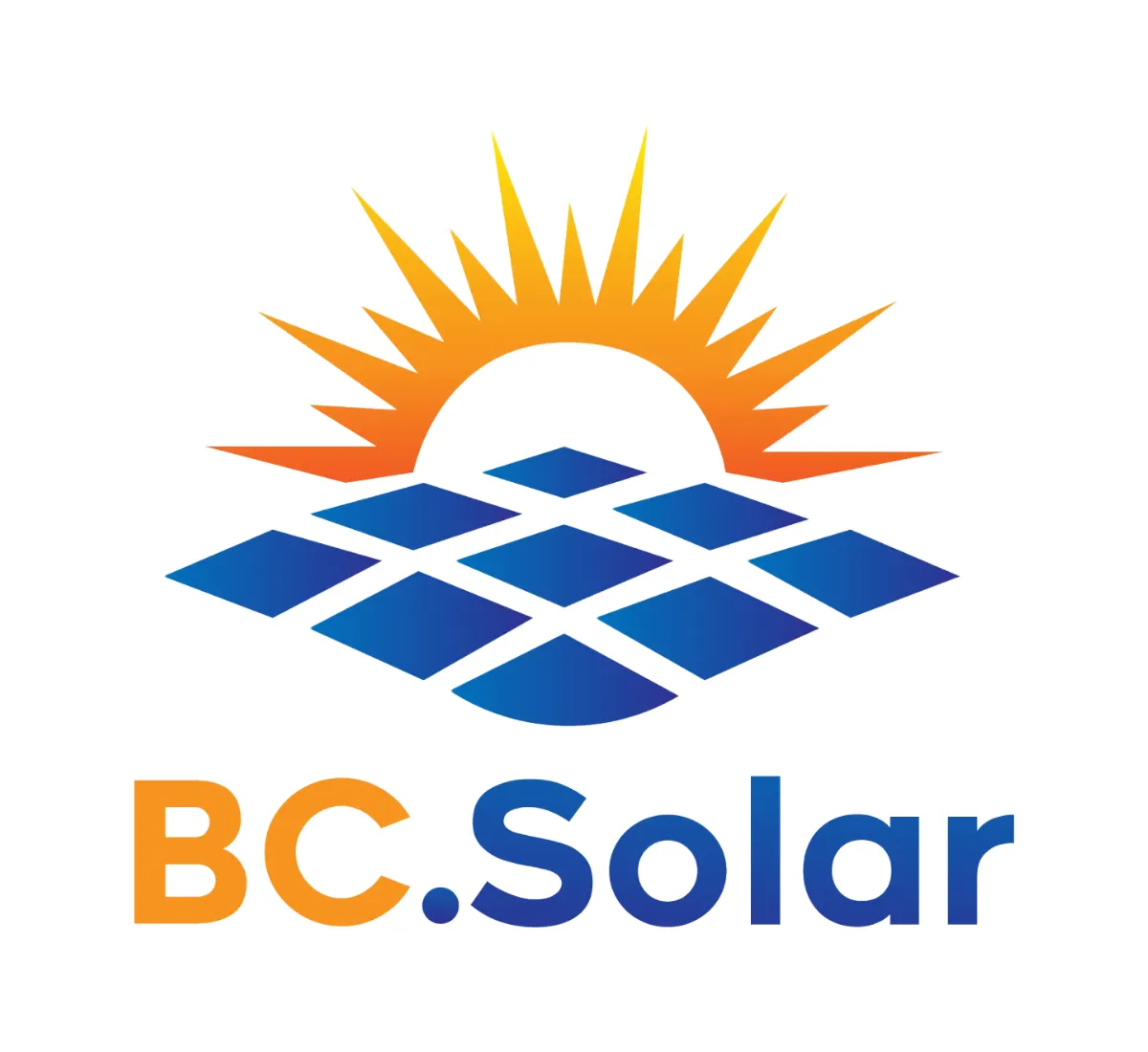
When Will Your Off-Grid Solar System Pay for Itself?
When Will Your Off-Grid Solar System Pay for Itself?
Off-grid solar systems are all about independence. But how long does it take before that investment starts paying you back?
At BC Solar, we’ve helped homeowners and rural properties across Columbus, Ohio, and surrounding areas go fully off-grid. Here's what you need to know if you're considering the same.
What Is an Off-Grid Solar System?
Unlike grid-tied systems, an off-grid system uses solar panels, inverters, and battery storage to operate 100% independently from the utility grid. That means:
No utility bills
Backup power day and night
Full energy autonomy
It's especially practical in rural or remote locations where grid access is unreliable or unavailable.
What's the Average Payback Period?
Most off-grid solar systems in Ohio pay for themselves in 10–15 years. But that range depends on:
1. System Cost
Expect to invest anywhere from $25,000–$60,000, depending on:
Energy needs (kWh per day)
Battery capacity
Brand of equipment
Customization level
At BC Solar, we custom-size every system to match your lifestyle no unnecessary upsells.
2. Electricity Replacement Value
If you're replacing propane generators or high-cost grid extensions, you might save thousands each year right out of the gate.
3. Ohio Solar Tax Incentives
Off-grid homeowners are eligible for the 30% federal solar tax credit, which significantly reduces their up-front cost.
4. Usage Patterns
Efficient energy use shortens payback. We help you understand and optimize your energy load so your system works smarter, not just bigger.
Real-World Example from Columbus
One of our rural customers outside Johnstown, Ohio, installed a full off-grid system with:
12kW of solar panels
30kWh battery storage
Sol-Ark inverter
Total net cost (after tax credit): $38,500
They were previously paying $450/month in propane and generator fuel. That’s $5,400 a year.
Payback period? Just over 7 years. Now their home runs clean, quiet, and fully independent.
Why Go Off-Grid in Columbus?
Frequent grid outages from storms or winter ice
Rural properties without affordable grid access
Desire for energy independence and control
No monthly utility bill surprises
If you want true resilience, going off-grid might be the right move and more affordable than you think.
FAQ
How much battery storage do I need for off-grid living?
It depends on your daily energy use. Most BC Solar off-grid clients need 20–40 kWh of storage. We'll help you size it right.
Can I expand my system later?
Yes. We design modular, battery-agnostic systems so you can start where you're comfortable and grow later.
What happens on cloudy days?
Your battery storage handles overnight and cloudy-day usage. We also help clients plan for multi-day resilience.
Will I need a backup generator?
In some larger homes, yes. We often integrate propane or gas generators as an emergency backup, but they rarely run.
Ready to Go Off-Grid?
Talk to Brian Zaayer directly. He’ll walk you through your options, no pressure, just honest guidance.
📞 Call us at (614) 442-9700
📍 Visit us: 777 Busch Ct, Columbus, OH 43229
🌐 bc. solar